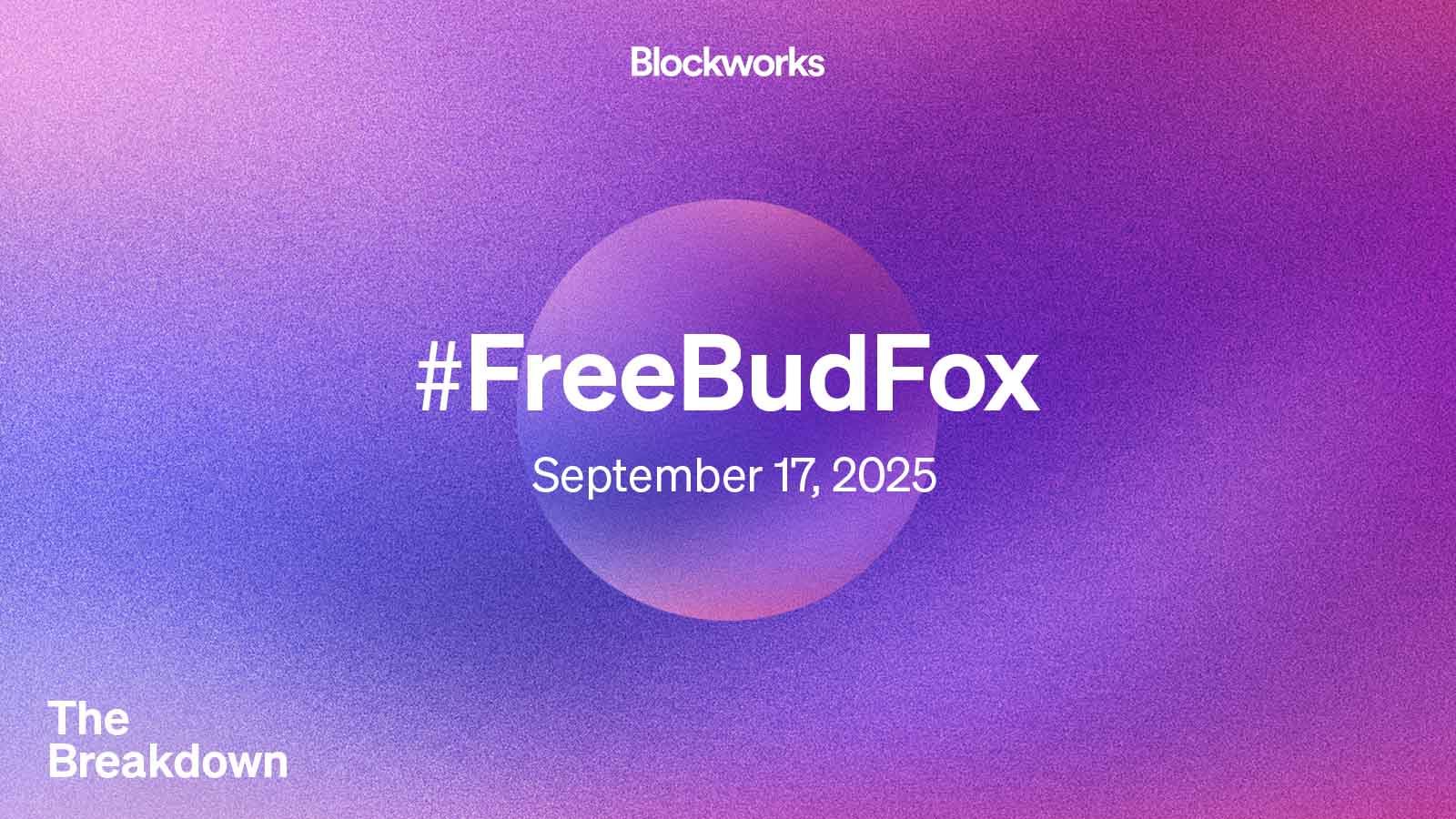NEW ORLEANS, LOUISIANA – JANUARY 2: CFP, ESPN branding on TV camera before the College Football Playoff Quarterfinal game between the Georgia Bulldogs and the Notre Dame Fighting Irish at the Allstate Sugar Bowl at Caesars Superdome on January 2, 2025 in New Orleans, Louisiana. (Photo by CFP/Getty Images)
Getty Images
Since its inception in 2014, the College Football Playoff has almost courted conflict.
From its made-up terms like “game control” and a revolving door of important metrics depending on the teams and conferences in question, the system that was introduced to replace the much-bemoaned Bowl Championship Series has introduced more mystery than ever to the process of determining college football’s best teams.
That mystery has only grown as the pool of teams included in the playoff field ballooned last year from four to 12. And one thing has remained relatively consistent: To fairly determine a field of deserving teams, the College Football Playoff cannot be operated by a network.
Inherent Conflict Of Interest
This isn’t just to pick on ESPN. It’s to point out the fact that any network is bound to be a flawed tournament creator given dwindling linear TV audiences, small pool of nationally-relevant programs and the dizzying ad revenues associated with these games.
ESPN, is after all, most interested in creating the best entertainment product, and the one most likely to bring in TV viewers. The same would be true for Fox, NBC or CBS if they were the operators of the event. CBS, to that point, splits rights for the NCAA Men’s Basketball Tournament with TNT Sports, but does not operate the (larger) event in the same way, with the NCAA Selection Committee ultimately determining participants.
So while March Madness is also a TV product – and an immense one – that’s not inherent in the construction of the field, in part because there are more teams, but also because a network is not determining the participants.
This conversation is particularly relevant the day after the initial College Football Playoff standings were revealed, and a two-loss Notre Dame team controversially sat at No. 10.
ESPN’s release of the first 12-team College Football Playoff field projection for 2025
Credit: ESPN on Twitter
TV Decisions Over On-Field Results
ESPN doesn’t typically have the rights to Notre Dame football games, save when the Fighting Irish play on the road at ACC or SEC teams. Notre Dame also lost to fellow two-loss team Miami, which sits well behind them in the rankings at No. 18.
But the Irish are annually one of TV’s biggest draws. Miami, or one-loss teams like Virginia, Louisville or Georgia Tech (all left out) may not be – though it is notable that Miami has ranked slightly ahead of Notre Dame by average viewers this season according to recent Nielsen data.
Plenty can change here between now and the end of the season. Yet for now, it’s partly a replay of the issues that came up in the final iteration of the four-team College Football Playoff format, when an unbeaten Florida State team was snubbed from the field in favor of (bigger TV draw and SEC champion) Alabama.
That Crimson Tide team was a deserving participant on paper, at 12-1 with a major conference crown. However, FSU went unbeaten, won the ACC and did everything it could possibly do to position itself within the four-team field.
Alabama was left out the following year in favor of less-popular SMU for the final at-large spot in the 12-team playoff, which certainly harms this narrative around TV draw trumping on-field results. However, a fair decision there (giving an 11-2 SMU the nod over 9-3 Alabama) doesn’t remove the fact that ESPN shouldn’t be in the position to be the final arbiter to begin with.
Dating back to the first College Football Playoff, Ohio State made it over both Big 12 co-champions TCU and Baylor in 2014. Central Florida was the only unbeaten team in 2017, yet couldn’t sniff the field.
And as college conferences have consolidated, there’s also a good chance that a future playoff decision could come down to an SEC or ACC team (all rights owned by ESPN) versus a Big Ten (Fox/CBS/NBC) or Big 12 team (ESPN/Fox).
This dynamic has been rearing its head already with things like College Gameday campus selections. Where ESPN once largely opted for the most interesting matchup (in part because it once had at least partial rights to all of the power conferences), the emergence of Fox’s competitive Big Noon Kickoff has led to selections that more closely mirror who has broadcast rights.
Of course, this is all part of life in modern college football. And the network-owned Playoff genie, like the spiraling issues around NIL, isn’t being put back in the bottle anytime soon. But in the long-term, the event risks losing legitimacy without a clearer separation between its media partner(s) and its selection process.
Source: https://www.forbes.com/sites/johncassillo/2025/11/05/college-football-playoff-cant-be-operated-by-networks/


